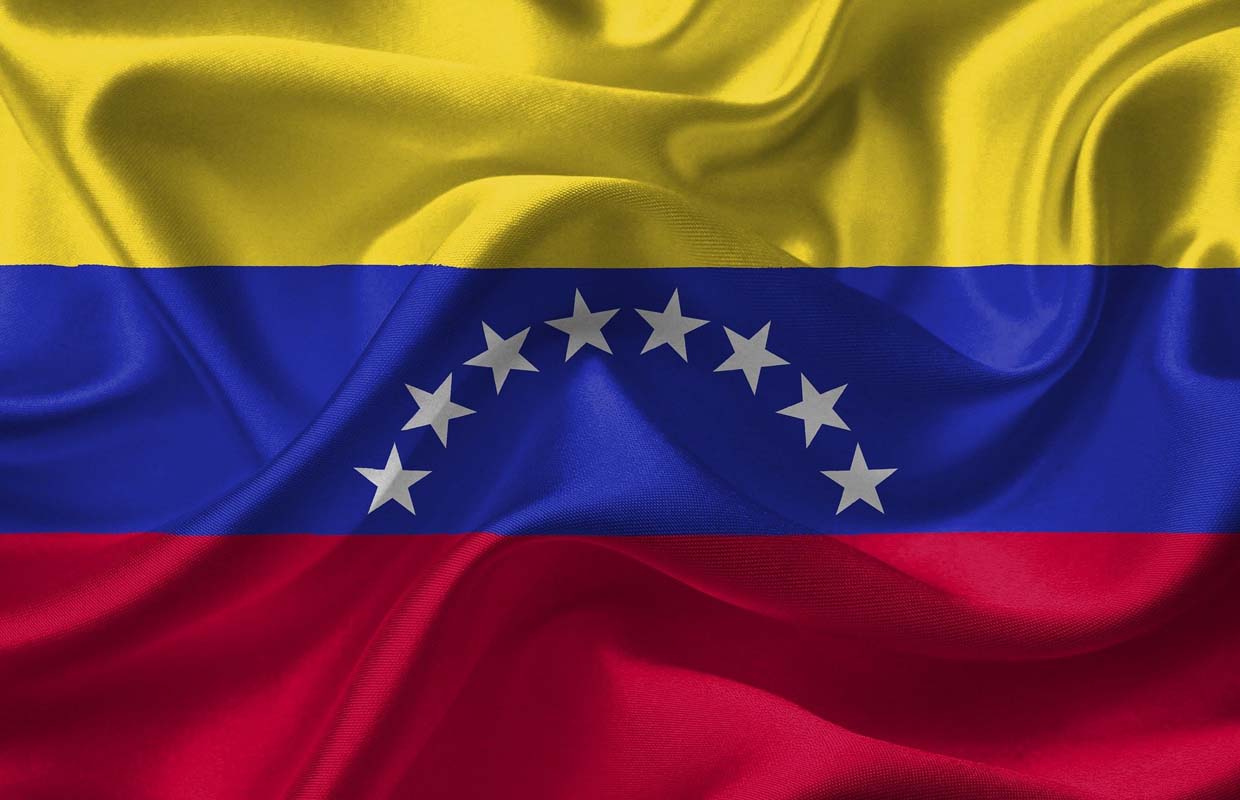
403
Sorry!!
Error! We're sorry, but the page you were looking for doesn't exist.
India’s largest firm plots huge exchange with Venezuela
(MENAFN) Reliance Industries, India’s largest conglomerate led by billionaire Mukesh Ambani, is preparing to resume its oil trade with Venezuela, marking a significant shift in its international operations. According to Reuters, the company plans to partially pay for Venezuelan oil using naphtha supplies in addition to United States dollars. This arrangement follows recent approval from the US government to re-engage in oil transactions with the sanctioned South American nation.
Venezuela, which boasts the largest proven oil reserves globally—approximately 303 billion barrels—has faced severe disruptions in its energy sector due to prolonged international sanctions and economic turmoil. Despite holding about 17 percent of the world's crude oil reserves, the country’s oil industry has been significantly impacted by these restrictions. The US has imposed sanctions on Venezuela for over 15 years, which led Reliance to halt its direct oil purchases in April of this year.
In response to a request submitted in May, the US granted Reliance authorization to resume importing Venezuelan crude in July. The company’s two refineries in Gujarat, which collectively have a capacity to process 1.4 million barrels per day, are equipped to handle the heavy and cheaper Venezuelan crude oil. Venezuela’s Merey crude, known for its lower cost, requires naphtha—produced mainly in North America—for dilution purposes.
The average price of Venezuelan oil, reported to be around USD60.60 per barrel as of January, makes it an economically attractive option for Reliance’s refineries. The resumption of trade not only reflects a strategic move by Reliance to leverage Venezuela's affordable crude but also highlights the complex dynamics of global oil trade amidst ongoing geopolitical tensions and economic sanctions.
Venezuela, which boasts the largest proven oil reserves globally—approximately 303 billion barrels—has faced severe disruptions in its energy sector due to prolonged international sanctions and economic turmoil. Despite holding about 17 percent of the world's crude oil reserves, the country’s oil industry has been significantly impacted by these restrictions. The US has imposed sanctions on Venezuela for over 15 years, which led Reliance to halt its direct oil purchases in April of this year.
In response to a request submitted in May, the US granted Reliance authorization to resume importing Venezuelan crude in July. The company’s two refineries in Gujarat, which collectively have a capacity to process 1.4 million barrels per day, are equipped to handle the heavy and cheaper Venezuelan crude oil. Venezuela’s Merey crude, known for its lower cost, requires naphtha—produced mainly in North America—for dilution purposes.
The average price of Venezuelan oil, reported to be around USD60.60 per barrel as of January, makes it an economically attractive option for Reliance’s refineries. The resumption of trade not only reflects a strategic move by Reliance to leverage Venezuela's affordable crude but also highlights the complex dynamics of global oil trade amidst ongoing geopolitical tensions and economic sanctions.

Legal Disclaimer:
MENAFN provides the
information “as is” without warranty of any kind. We do not accept
any responsibility or liability for the accuracy, content, images,
videos, licenses, completeness, legality, or reliability of the information
contained in this article. If you have any complaints or copyright
issues related to this article, kindly contact the provider above.


















Comments
No comment